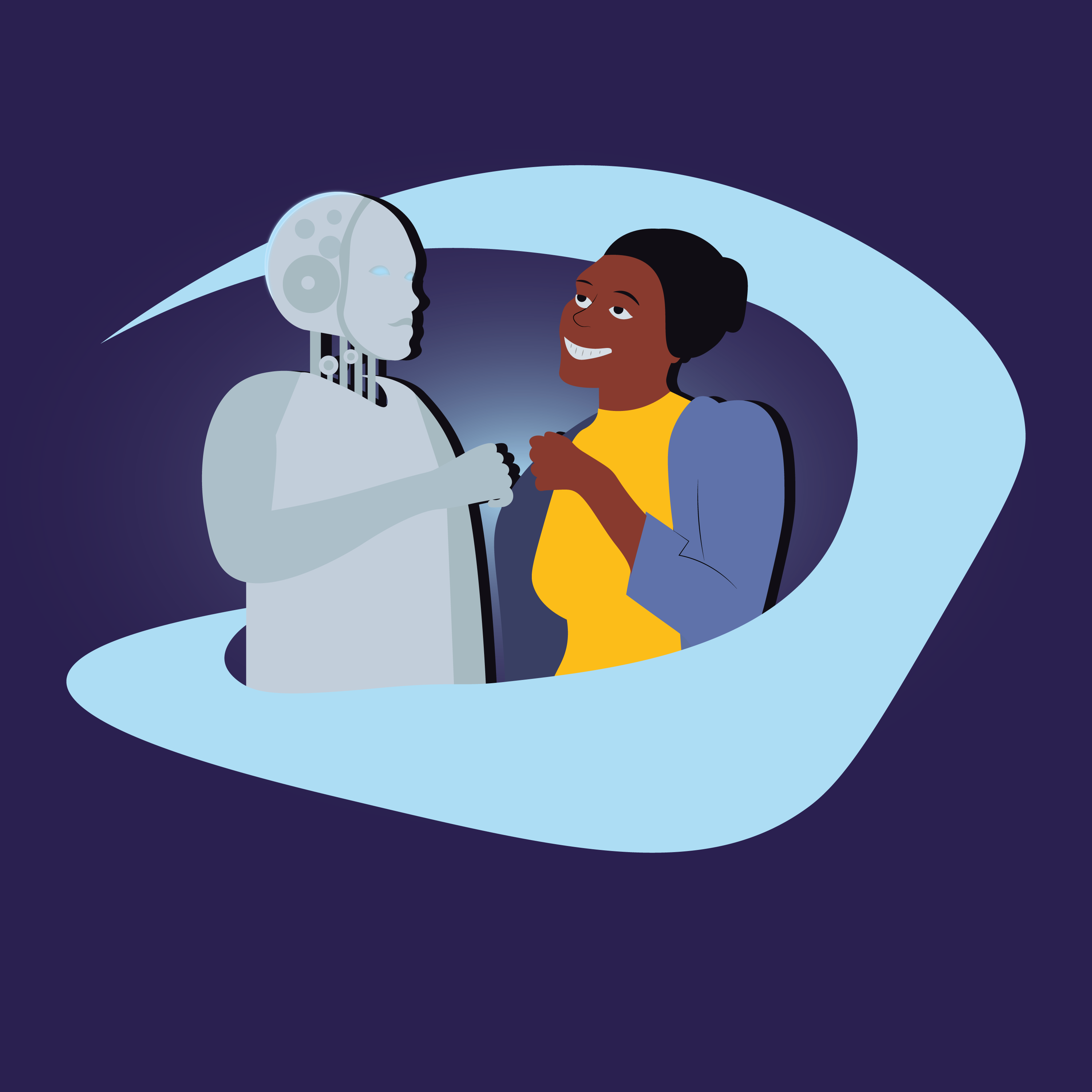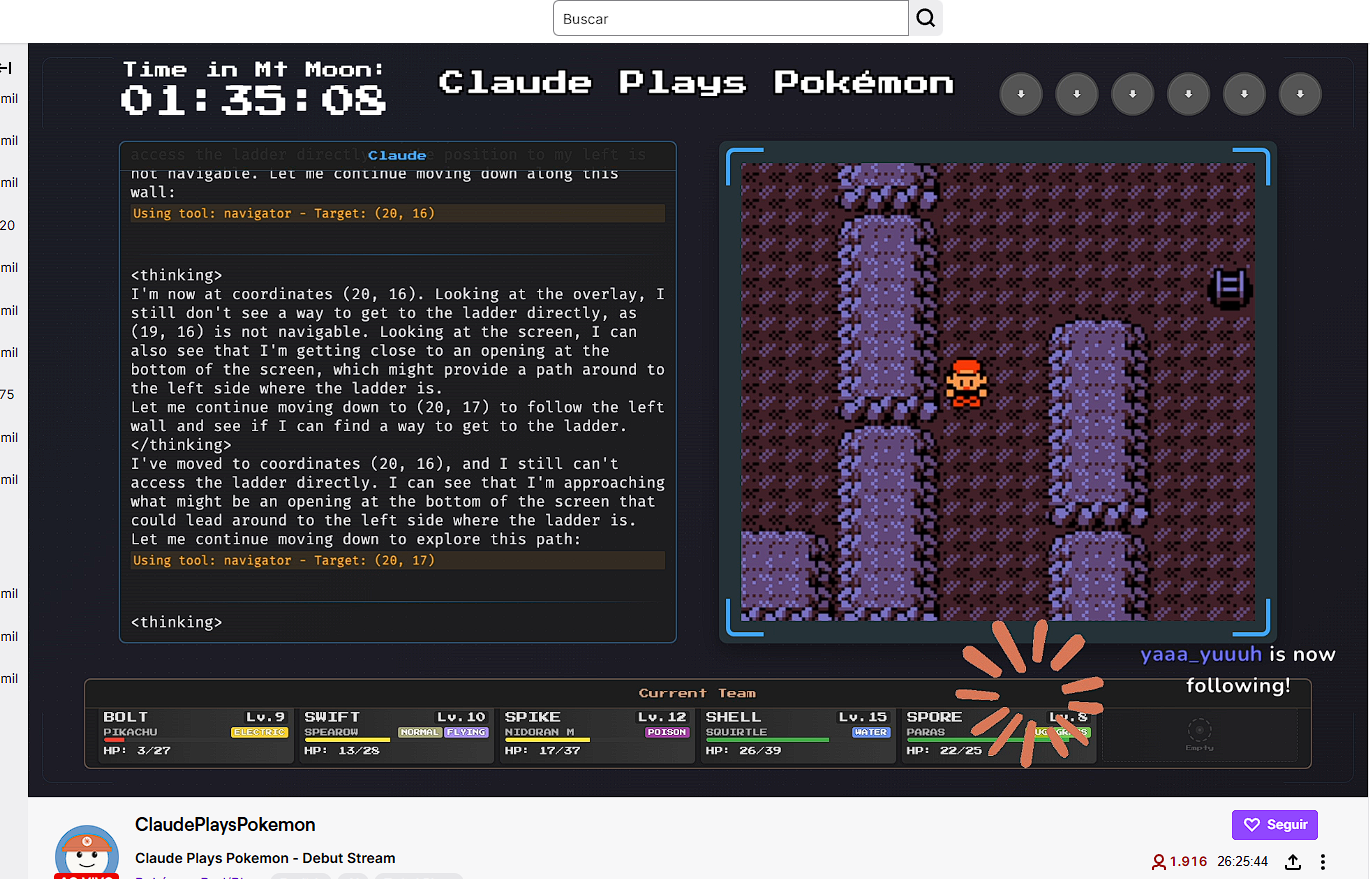The chief executive of OpenAI said the technology would boost productivity and rejected worries that his rival mogul could use his political influence to harm competitors.
Speaking at The New York Times DealBook Summit, Sam Altman, the chief executive of OpenAI, said that the arrival of artificial general intelligence would “matter much less” to the average person than currently thought.
Video transcription:
“At some point, do the interests no longer become aligned? And I say that because there’s been some reporting, including in The New York Times, that suggests that there has been frustrations about how much processing power and access you’re getting.”
“We need lots of compute, more than we projected. And that’s just been like an unusual thing in the history of business to scale that quickly. We have things that we’re really good, Microsoft has things they’re really good at — again, there’s not no tension. But on whole, like, I think our incentives are pretty aligned.”
“It sounds like there’s a little bit of tension.” “For sure.” “On the artificial general intelligence piece, though, because you always said part of your deal with them is that if you ever get there, right, that then the deal could technically be called off. It sounds like you might be getting close.”
“We’ve also said that our intention is to treat A.G.I. as a mile marker along the way. We have left ourselves some flexibility because we don’t know what will happen. But my guess is we will hit A.G.I. sooner than most people in the world think and it will matter much less”.
“And a lot of the safety concerns that we and others expressed actually don’t come at the A.G.I. moment. It’s like A.G.I. can get built, the world goes on mostly the same way. The economy moves faster, things grow faster. But then there is a long continuation from what we call A.G.I. to what we call superintelligence.”
Artificial Intelligence is not a threat
Sam Altman has played down the threat posed by artificial intelligence, saying the technology would be able to mirror the capability of humans sooner than the average person realizes but would “matter much less” than many predicted.
The chief executive of OpenAI told The New York Times’s DealBook conference in New York City that the company would release increasingly powerful technologies over the next 12 months. And hinted that it could achieve artificial general intelligence, when a machine can do almost anything a human brain can, in the next few years.
But he pushed back against the gloomy warnings about the threat A.I. posed. “A lot of the safety concerns that we and others expressed actually don’t come at the A.G.I. moment,” he said. Adding that the technology would significantly accelerate economic growth.
Mr. Altman’s comments are deeply intertwined with OpenAI’s ability to survive as a business. The company’s largest investor is Microsoft. Which has pumped more than $13 billion into the start-up and holds an exclusive license to use OpenAI’s raw A.I. technologies. But tensions have risen in recent months, and the contract between the two companies says that Microsoft would lose this license if OpenAI’s board unilaterally decides that it has created an A.G.I.
The growing competition
OpenAI also faces growing competition from several rivals, including Elon Musk and his start-up xAI. Mr. Musk co-founded OpenAI as a not-for-profit entity before falling out with Mr. Altman. But he has sued the company, accusing it of putting commercial interests ahead of the public good, and violating the company’s founding charter.
Mr. Altman said he was “tremendously sad” about the rising tensions between the two one-time collaborators.
“I grew up with Elon as like a mega hero,” he said.
But he rejected suggestions that Mr. Musk could use his increasingly close relationship with President-elect Trump to harm OpenAI.
“I believe pretty strongly that Elon will do the right thing and that it would be profoundly un-American to use political power to the degree that Elon would hurt competitors and advantage his own businesses,” he said.

Guests at the annual DealBook conference on Wednesday.Credit…Jeenah Moon for The New York Times
OpenAI and the investment
OpenAI ignited an A.I. investment boom in late 2022 with the release of ChatGPT, its chatbot, spurring venture capitalists and big tech companies to pour billions of dollars into the field. In October, OpenAI closed a $6.6 billion fund-raising deal that nearly doubled its valuation to $157 billion.
(The Times sued OpenAI and Microsoft in December 2023 for copyright infringement of news content related to A.I. systems. The companies deny the claims.)
Even so, OpenAI expects to lose roughly $5 billion because of the high costs related to developing A.I. and may need to raise more money. To make itself more attractive to investors, OpenAI is working to turn itself into a for-profit enterprise. And, Mr. Musk is suing to block this change.
Mr. Musk’s suit also argues that OpenAI has illegally tried to prevent its investors from putting money into xAI. Mr. Altman said this was “incorrect.” But he indicated that OpenAI has worked to ensure that its private research is not shared with competitors.
Source: New York Times
Read other news at our blog






















